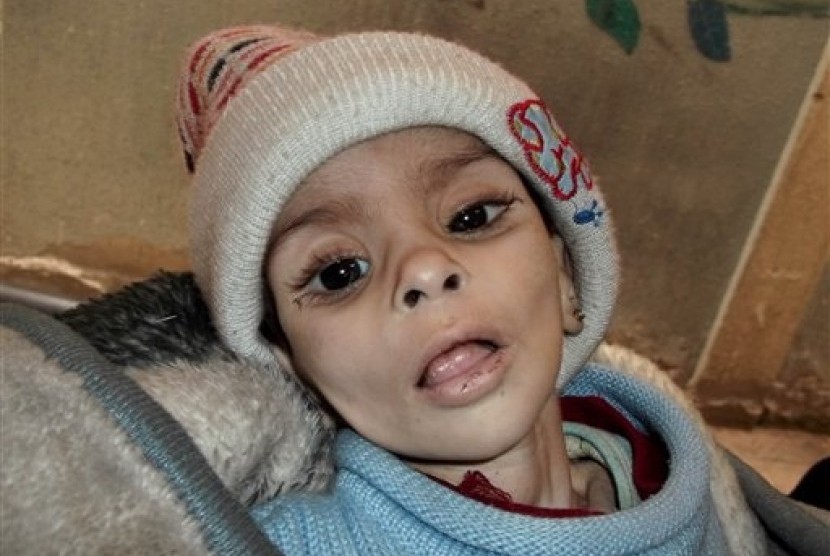REPUBLIKA.CO.ID, CAIRO -- Indonesia has taken a neutral stance towards current conflicts in the Middle East, often referred to as "Arab Spring" revolutions, a parliament member said.
"Indonesia's stance is quite right as by not taking any side, it has ensured that it is welcomed by all countries when it comes to efforts to find a solution to the political crises that have so far swept friendly countries such as Syria and Egypt," parliament member Muhammad Najib said on the sidelines of the Conference of the Parliamentary Union members of the Organization of Islamic Countries (PUIC-OIC) in Tehran, Iran, on Saturday.
When contacted by Antara in Cairo, Najib said thanks to its stance, Indonesia has managed to maintain good relations with all the countries in the Middle East, including Iran and Saudi Arabia.
"Indonesia will continue cooperating and exchanging views with all the parties concerned, especially Iran and Saudi Arabia, the two important countries that play a main role in the efforts to settle conflicts in the region," the member of the Indonesian House of Representatives' Commission I overseeing foreign affairs, among others, said.
Najib said Iran has become important when it comes to political conflict in the Middle East due to a change in the US government's stance towards that country. The US used to isolate Tehran, though it has not embraced it even now.
Iran has become more important in the eyes of the US after its relations with Saudi Arabia became distant and due to Iraq's stance, which is pro-Iran, as well due to the protracted civil war in Syria.
Iran is now trying to balance the situation by embracing Fatah in Palestine and being more open with regard to its nuclear program, Najib from the Welfare and Justice Party (PKS) said.
The Indonesian delegation to the PUIC-OIC includes Sahibul Iman, the deputy speaker of the House of Representatives, who is head of the delegation, Surahman Hidayat (PKS), chairman of the Inter-Parliamentary Cooperation Board (BKSAP), Tantowi Yahya from the Golkar Party, Nova Irianto from the Democrat Party and Nazarudin Kiemas from the Indonesia Democratic Party Struggle (PDIP).


